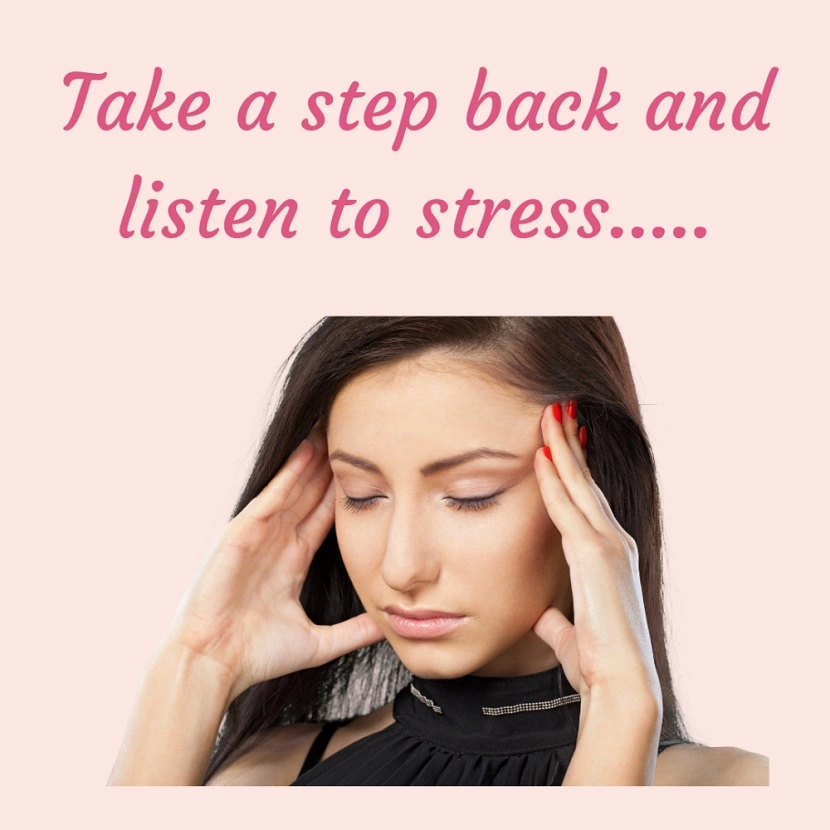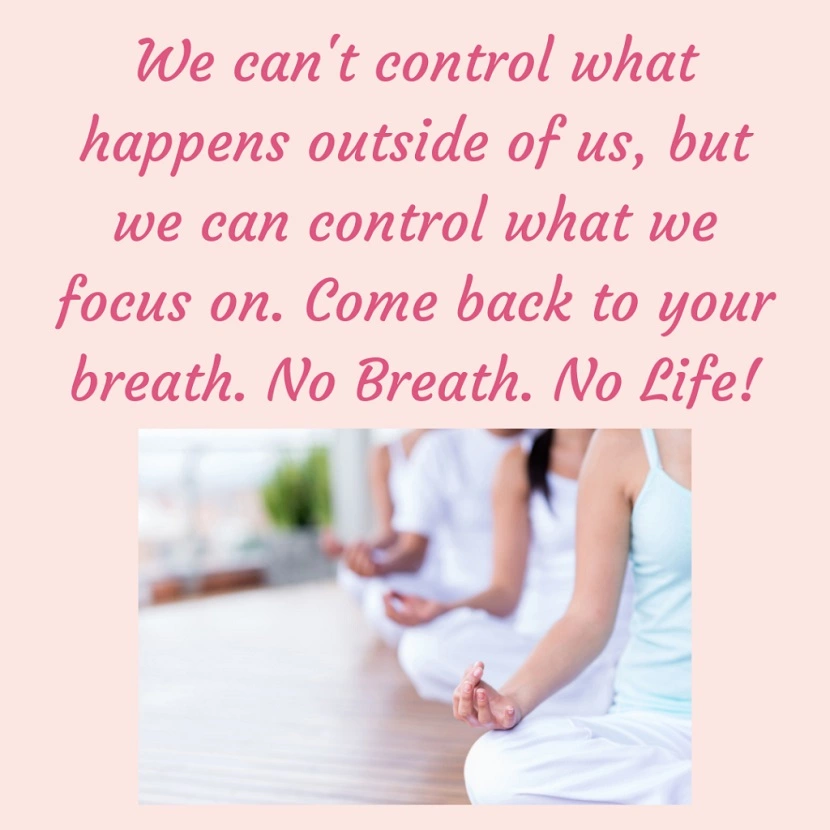
I don’t know about you, but life can get pretty stressful! Between the daily run-around, work demands, kids, friends, exercise; everything can become a complicated juggling act. Stress also has an awful way of creeping up on us, and if left unchecked can cause many issues relating to anxiety, depression and weight gain. Yes, some low-level stress or ‘nerves’ is good and healthy. It can provide motivation and energy to do uncomfortable things, but chronic stress is not normal, and we must have the self-awareness to observe when it is creeping in, as well as practical strategies to easily implement into daily life.
I am a firm believer in getting to the root cause of stress. I always take a step back and listen to my stress. Yes, I think stress is our bodies way of actually communicating with us. Sometimes stress is the signal you need to stop and re-evaluate life with a birds-eye view and ask the simple questions. “Am I giving enough time for self-care every day?” “Am I getting enough sleep?”, “I’m I staying hydrated throughout the day?” “Do I need to ask for help?”. Sometimes that is all we need to get back on track.

It’s an unfortunate cycle with stress. Stress produces a flood of cortisol (stress hormone), raises our blood pressure and over time, this will affect our mood and energy levels – probably making us feel worse and more stressed! So we need practical tools that are easy to implement in our daily lives to reduce stress. Here are some of the tools I practice when I feel overwhelmed:
Reframe Stress to Make it Manageable – Plan
Take time to plan your day. Ideally, this should happen the evening before, or perhaps early in the morning before everyone else is up and already causing chaos. The 10 minutes it takes to plan and work out the logistics of getting your boy to rugby practice (which is at the same time as your work meeting) means avoiding a horrendously stressful situation.
Make planning a priority as part of stress reduction process
Planning with a clear head allows you to go into your day knowing you have your day under control- not waking up to the panic of not knowing how you are going to cope. Planning enables you to go into your day feeling excited and able to tackle the day. It allows you to create ‘Me’ space in your day, whether this is exercise, lunch with a friend or making time to read. These actions slow down the outpouring of cortisol and its hypervigilance and increase your “feel good” hormones. This enables you to sleep better and deeper.
(There are many tools you can use to plan your day. From an old fashioned diary to a planning app. Google “Time Blocking’ or ‘Daily Schedule Planner‘ ” to find a format that suits you).
But tbh, my go to is a planner that I have on my desk and my phone. That’s all I use. I book all my appointments on my phone calendar, even my own yoga classes and my to-do list is in my desk planner. And yes, I book all my yoga classes, massage appointments or coffee with a friend into my calendar. I treat my self-care time like another appointment. Or another way to see it: I prioritise it just as I do other appointments.
Observe Self-Talk
Do an experiment and spend a day, or even an hour, where you are mindful of what you say to yourself during the day. Often it’s these thoughts that cement your brain’s belief that you are under attack and justify the excessive cortisol release.
“I can’t cope” …..“This work is going to kill me” …..“I don’t have the strength to carry on”….
The simple act of noticing these thoughts and redirecting or reacting to them as they come into your mind is often enough to decrease your stress level and encourage your inner belief that you CAN do it.
“I can’t cope” – Instead say, “Today I have planned my day and I want to go through the day feeling good and feeling grateful! What would I like to do first?”
“This work is going to kill me” – Instead say, “I am grateful for the opportunity to connect with other people and contribute to everyone’s else’s life”
“I don’t have the strength..” – Respond with, “Yes you do. You did it yesterday- and you did it well!!!”
Another fantastic trick is to acknowledge and notice when something good happens “I really loved that walk” or “I really nailed my shift this afternoon. The customers loved me”, or “This cuddle with the grandkids is sooooo awesome!”. Making this part of your daily practice affirms that life is good, that you are having a good day and that you can cope (and so, no, you don’t need all that cortisol. Thank you).

Breath as a powerful way to reduce stress (It’s like giving yourself a great big hug!)
This is one of the most powerful ways to counteract the effect of cortisol. Be mindful and practice deep belly breathing a few times a day. Make it a habit each time you use the bathroom, or before a meal or on your commute to work to spend a minute focusing on deep abdominal breathing. Flooding your body with oxygen and purposely slowing your breathing down is like giving yourself a great big hug. Your stress hormones decrease, and you find you can relax and focus. In addition, when you add mindful breathing into your nightly sleep routine it probably will help you to drift more quickly off to sleep. I have also recorded a live video with a guided meditation, especially good when you experience anxiety. You can watch it HERE.
By planning, being mindful and remembering to breathe, you reduce the flood of cortisol and give your body the reassurance it needs. When incorporating these 3 things into your life your sleep will become deeper and easier, leading to greater energy during the day. However, if you feel your get up and go is not quite there yet, there are some other things you can try. But that will be the content of a further blog. Let’s just focus on slowing the stress down first.



